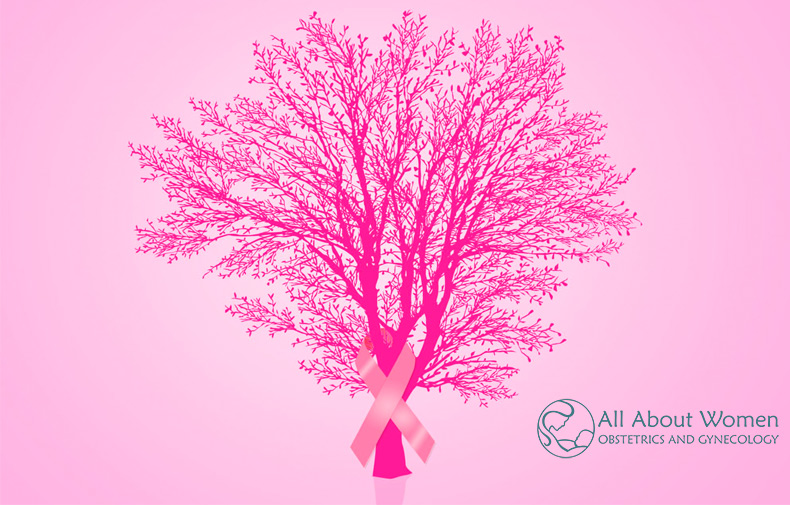
October has been National Breast Cancer Awareness Month since 1985. The National Cancer Society and various other health groups and drug companies are continually working to raise awareness for breast cancer, particularly because it’s become so prevalent.
According to statistics, approximately 12 percent of women get breast cancer.
Chances are if you don’t have it yourself, you know a family member or friend who does.
The goal of raising awareness is to help women understand the importance of prevention and early detection, which means doing things like regular breast self-exams and getting yearly mammograms.
Breast cancer facts and statistics
Here are some eye-opening statistics related to this life-changing disease:
- Breast cancer kills more women than any other type of cancer (except lung cancer).
- Breast cancer is the second most diagnosed cancer in women after skin cancer.
- Approximately 85 percent of women diagnosed with breast cancer have no family history.
- It’s estimated that 268,600 women will be newly diagnosed with breast cancer in 2019.
- Men can also get breast cancer. It’s not as common, but about 2,670 men will be newly diagnosed with breast cancer in 2019.
Signs and symptoms to watch for
Early detection is one of the most important ways to fight breast cancer successfully. Here are some common early signs and symptoms to watch for:
- Lumps or bumps on inside or outside of breast
- Change in shape of breast
- Discharge from the nipple (other than breast milk)
- Change in nipple appearance
- Change in breast color
- Irritated or red breasts
Women have varying symptoms based on the person and the type of cancer, so it’s important to see your women’s doctor immediately if you are concerned about anything relating to changes in your breasts.
Breast cancer treatment
Treatment plans for breast cancer depending mainly on what stage it’s in and which type of cancer you have. There are 4 stages of breast cancer, with 1 being the earliest and 4 being the most extensive. By stage 4, cancer has metastasized and spread to other parts of the body.
Usually, treatment involves chemotherapy and radiation, but often it’s also necessary to do a mastectomy (surgery that removes one or both breasts). The goal of treatment is to get rid of as much of the cancer as possible to keep it from coming back.
Share your breast cancer story
If you’re in the middle of a fight against breast cancer or you’re a breast cancer survivor, we encourage you to share your story. The National Breast Cancer Foundation has created a space for women to do so.
If you’ve been neglecting your yearly wellness exam or mammogram, schedule it today with an All About Women doctor at one of our Gainesville or Lake City, Florida offices.


